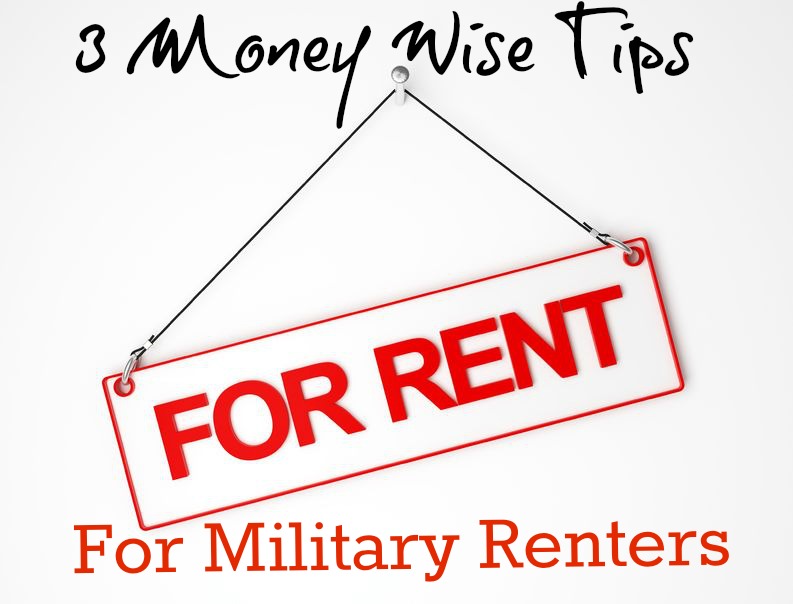Content provided courtesy of USAA.

Does Uncle Sam keep you on the move? Prepare for some of the costs and stresses of renting your home with these steps.
If you’re on active duty, you probably move a lot. Often, living on base or renting a nearby apartment makes the most sense financially. But renting can drain your bank account if you’re caught off guard. Before you sign a lease, follow these three tips to help protect your hard-earned money.
1. Heed your housing allowance.
If you’re not living in military quarters, you’re generally eligible for some form of Basic Allowance for Housing— a tax-free, monthly allowance to help you pay for housing expenses. The size of your monthly check depends on your duty station and pay grade and whether you have dependents.
It’s important to understand that your housing allowance is calculated the same no matter what you pay for rent. If your rent is higher than your allowance, you’ll have to make up the difference. If it’s less, you’ll enjoy a monthly surplus.
But don’t make the mistake of matching your rent exactly to your allowance amount, because you won’t have enough left over to cover items such as insurance and utilities. Research the cost of utilities, renters insurance and other add-ons, then cap your rent (usually somewhere between 65 and 85% of your allowance) to leave enough to cover those additional expenses.
2. Insist on a military-friendly lease.
When you’re on active duty, numerous scenarios could force you to move before your lease has expired:
- Deployment
- Orders to move onto the installation
- Permanent change of station
- Retirement or separation from service
Make sure a sudden move won’t cause you big headaches. While the Servicemembers Civil Relief Act (SCRA) provides certain protections, a so-called “military clause” that lets you terminate the agreement without penalty can offer additional security in any of these situations. Your installation’s military assistance officer can help you draft language that gives you the protection you need.
3. Protect your stuff.
Once you secure your housing, make renters insurance a priority. This is important whether you’re living inside or outside the gates of a military installation.
If a fire, flood or thief sweep through your dwelling, you may be on the hook for the cost of replacing part or all of your personal possessions — clothes, electronics, jewelry and anything else you owned. Coverage available through the government may be minimal, so a renters insurance policy could save you thousands of dollars if you suffer such a loss.
A suitable renters insurance policy can cost as little as $12 a month — well worth it to help protect you from a potential financial catastrophe.
Copyright: tiero / 123RF Stock Photo
Comments
Powered by Facebook Comments



